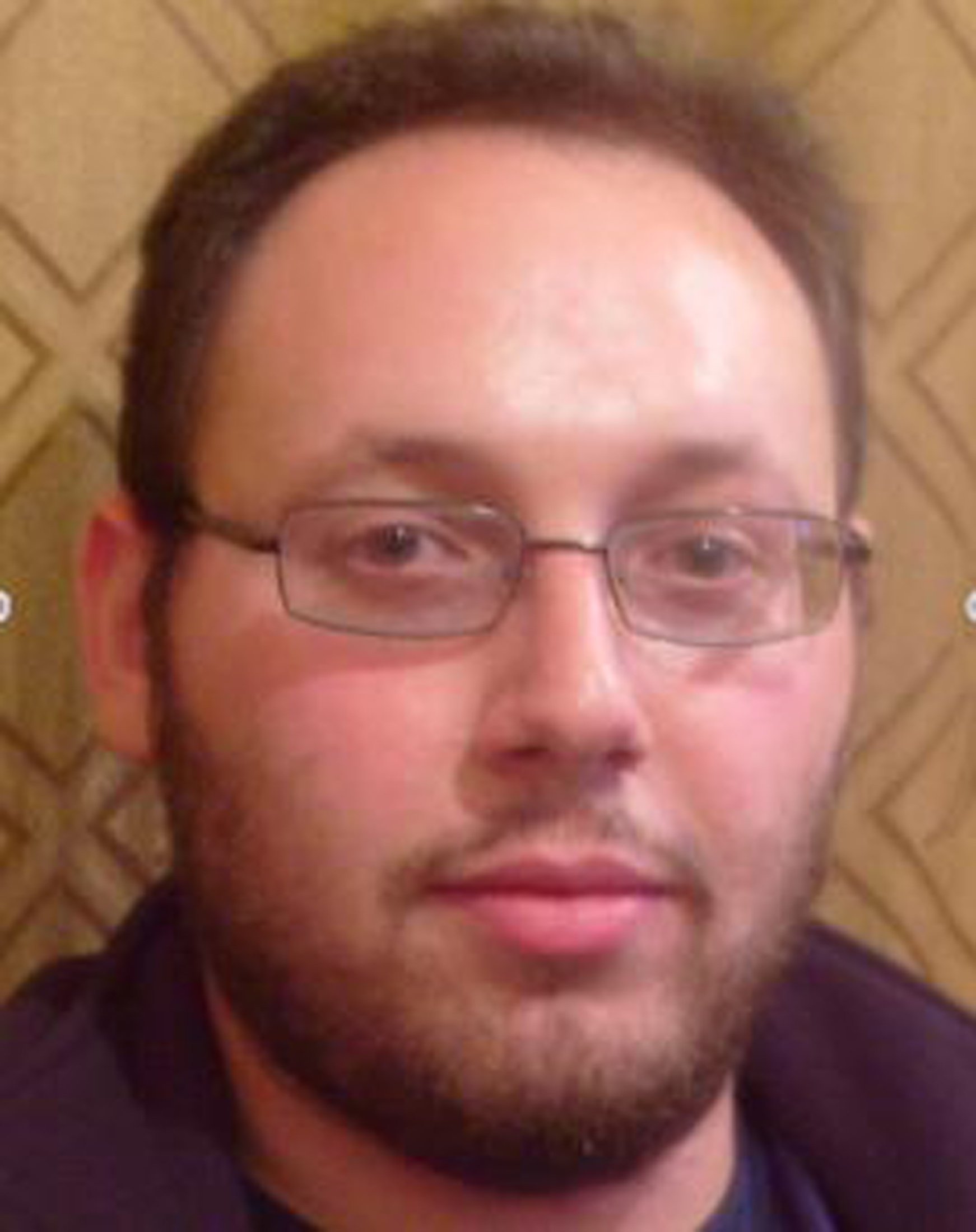
A video released on Tuesday by the Islamic State of Iraq and Greater Syria (ISIS) appears to show the execution of Steven Sotloff, marking the second time in two weeks the extremist group has beheaded an American journalist.
Sotloff, a freelance journalist who had written for TIME among other outlets, had been held by ISIS since he was taken captive in Syria more than a year ago.
“We are shocked and deeply saddened by reports of Steven Sotloff’s death,” TIME editor Nancy Gibbs said in a statement. “Steven was a valued contributor to TIME and other news organizations, and he gave his life so readers would have access to information from some of the most dangerous places in the world. Our thoughts and prayers are with him and his family.”
Here’s a selection of Sotloff’s reporting.
“What Lies Ahead for Libya: An Interview with the Prime Minister,” Aug. 9, 2012.
Sotloff interviewed Libya’s then-outgoing Prime Minister Abdurrahim El-Keib.
“The former University of Alabama professor of electrical engineering hardly looks like the Prime Minister of a country just emerging from an eight-month revolution. But behind the 62-year-old’s affable smile lies a decades-long Gaddafi dissident. During the revolution, Keib worked from Tunisia to finance the opposition. And though he has led the country’s government, he revealed he ‘would be happy to collect garbage for Libya if needed.'”
“The Bomb Attacks in Libya: Are Gaddafi Loyalists Behind Them?,” Aug. 24, 2012.
Weeks later, Sotloff wrote from Tripoli about the escalation in car-bomb attacks.
“When a bomb planted under a car exploded in a hotel parking in Benghazi last June, residents dismissed fears their city would be transformed into an urban battlefield. ‘Libya won’t become Iraq,’ said Abdallah Faraj as a fire crew extinguished the flames. A year later a string of bombings has kindled worries that this historically quiet desert country is facing a surge in violence. And it is unlikely to end soon as an interim government which did little to address security concerns having handed power to an elected government yet to find its footing.”
“Libya’s Fighters Export Their Revolution to Syria,” Aug. 24, 2012.
Later that month, Sotloff wrote about Libyan militamen flocking to Syria to help rebels topple the regime of Syrian President Bashar Assad.
“A businessman, Bwisir was also a musician and eventually wrote one of the unofficial anthems of the revolution. A video filmed by the pan-Arab news channel al-Arabiya showed him playing his signature guitar at the front, with an RPG slung across his shoulder. Meanwhile, he fought regime forces across the country, learning to make and defuse bombs.
“Today, the father of a 1-year-old infant is packing his bags for another fight: Syria. As rebels in the country struggle to bring down another strongman, hundreds of Libyans have flocked there to help. They have brought their fighting experience to the battle and may even be arranging weapon shipments to the underequipped Syrians.”
“The Revolt of Benghazi’s Moderates: Will the Rest of Libya Follow?” Sept. 22, 2012.
Sotloff wrote about the scene of demonstrations against the Benghazi’s local militias:
“Ever since the end of the Libyan revolution last October, the militias—both secular and Islamist–that overthrew former leader Muammar Gaddafi have acted with impunity. They stole cars and confiscated buildings. They clashed with rival brigades using heavy weaponry they pilfered from military bases. But an interim government too weak and disorganized to confront the brigades was unable to persuade them to merge them into a national army and police force. And so frustrated residents in Benghazi decided to act on their own.”
“The Benghazi Consulate: Has the Crime Scene Been Contaminated?” Oct. 5, 2012.
In October, Sotloff wrote again from Benghazi.
“A visitor rings the doorbell to a large gated villa in Benghazi, and a gardener slowly opens the heavy metal door. He welcomes guests with a big smile, offering them tea before giving them a guided tour of the sprawling grounds with its swimming pool and hefty trees, which obscure the view from prying eyes. But the villa is not just another secluded house owned by a wealthy Libyan seeking privacy. It is the most sensitive crime scene in the world.
“For each day of the past two weeks, TIME has visited the American consulate in Benghazi where the ambassador and three others were killed on Sept. 11th. And with the passing of every day, people cart off more and more evidence and sensitive information that could endanger the lives of Americans still in Libya, and impair the FBI investigation into the attack just now getting underway.”
The rest of Sotloff’s contributions to TIME can be viewed here.
More Must-Reads From TIME
- The 100 Most Influential People of 2024
- Coco Gauff Is Playing for Herself Now
- Scenes From Pro-Palestinian Encampments Across U.S. Universities
- 6 Compliments That Land Every Time
- If You're Dating Right Now , You're Brave: Column
- The AI That Could Heal a Divided Internet
- Fallout Is a Brilliant Model for the Future of Video Game Adaptations
- Want Weekly Recs on What to Watch, Read, and More? Sign Up for Worth Your Time
Contact us at letters@time.com